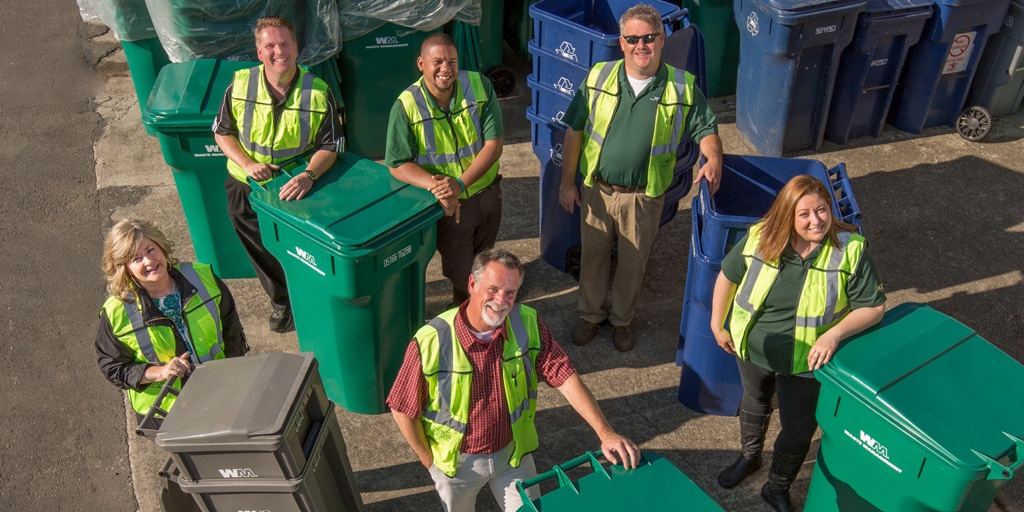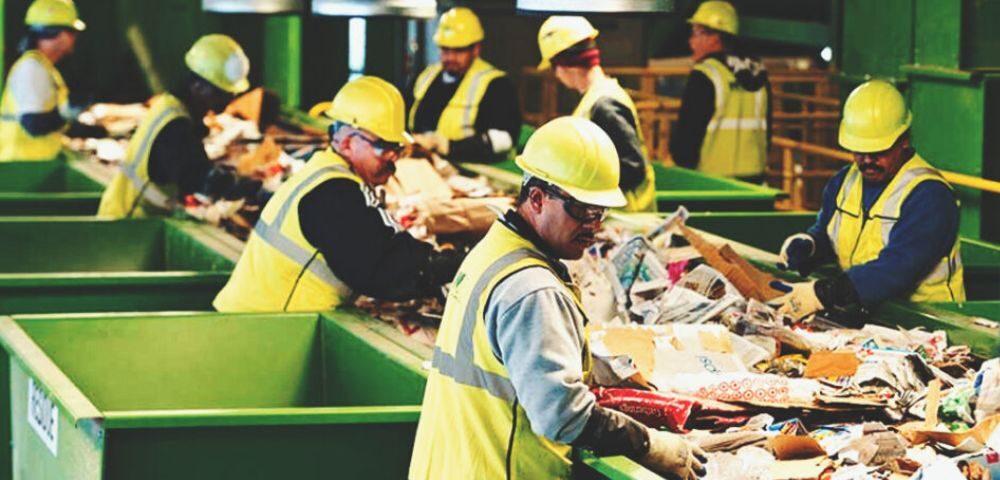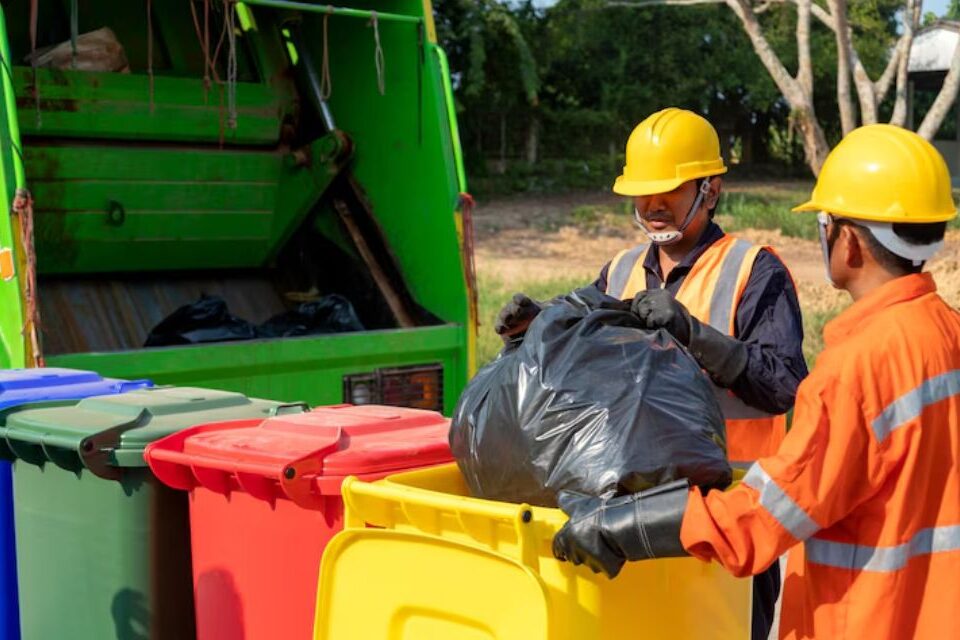- Have any questions?
- +971 50 7210729
- +971 2 2358552
- info@almerzaam.com

Why Proper Demolition Waste Disposal is Crucial for Sustainable Construction?
April 28, 2025
When to Hire a Professional Transport Company for Your Logistics?
May 14, 2025In the face of growing environmental concerns and the pressing need for sustainable solutions, waste management companies are playing a crucial role in shaping a greener future. These companies are no longer just responsible for collecting and disposing of waste—they are now at the forefront of innovation, contributing significantly to environmental conservation, resource recovery, and circular economy practices.

Redefining Waste as a Resource
Traditionally, waste was viewed as a problem—something to be discarded and forgotten. However, modern waste management companies are challenging this outdated perspective by promoting the idea that waste can be a valuable resource. Through recycling, composting, and waste-to-energy processes, they are extracting value from discarded materials and reducing the reliance on landfills.
Plastic, paper, metals, and organic matter are being separated and processed for reuse or energy generation. This approach not only conserves raw materials but also minimizes greenhouse gas emissions that result from traditional disposal methods. By giving waste a second life, these companies are driving sustainability at both local and global levels.
Embracing Advanced Technologies
Technology has become a game-changer in the waste management industry. Smart bins, GPS-enabled collection vehicles, AI-driven sorting systems, and IoT-based monitoring solutions are now widely used to improve efficiency and transparency. These advancements help waste management companies optimize routes, reduce fuel consumption, monitor waste levels in real-time, and increase recycling rates.
In addition, digital platforms and mobile apps allow users to schedule pickups, report overflowing bins, and receive waste disposal tips—creating an interactive and accountable system between the service providers and the community.
Supporting Government Sustainability Goals
Across the globe, governments are introducing strict regulations and sustainability targets, including waste reduction, increased recycling rates, and zero-landfill goals. Waste management companies are key partners in helping municipalities and industries meet these objectives. By complying with environmental laws and introducing best practices in waste handling and disposal, they ensure that businesses and communities remain aligned with national sustainability frameworks.
These companies also participate in awareness campaigns and educational programs to encourage responsible behavior among citizens and organizations—fostering a culture of environmental responsibility.
Contributing to the Circular Economy
The concept of a circular economy revolves around minimizing waste, reusing resources, and regenerating natural systems. Waste management companies are critical enablers of this model. By promoting segregation at source, supporting recycling infrastructure, and investing in waste processing facilities, they make it possible to keep materials in circulation for longer periods.
This shift from a linear (take-make-dispose) model to a circular approach not only reduces environmental impact but also creates economic opportunities in green sectors such as recycling, renewable energy, and sustainable manufacturing.

Conclusion: AL MERZAAM ENVIRONMENT & TRANSPORT – A Leader in Green Innovation
Amid the many players in the industry, AL MERZAAM ENVIRONMENT & TRANSPORT stands out for its strong commitment to sustainability and service excellence. As one of the most dependable waste management companies, AL MERZAAM leverages modern technology, environmentally responsible practices, and client-focused solutions to meet the evolving needs of communities and businesses. Their role in advancing sustainability reflects a broader vision—one where waste is not an end, but the beginning of something better.


